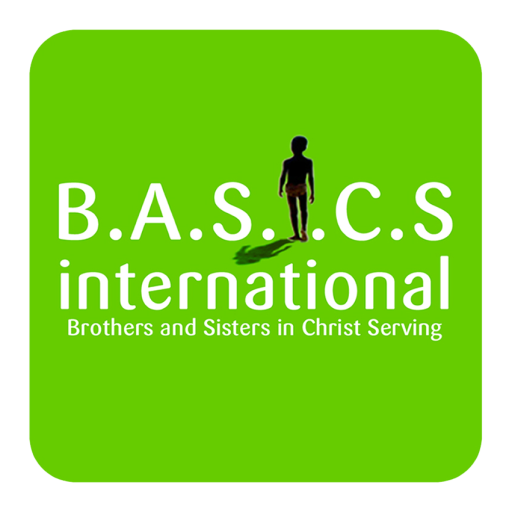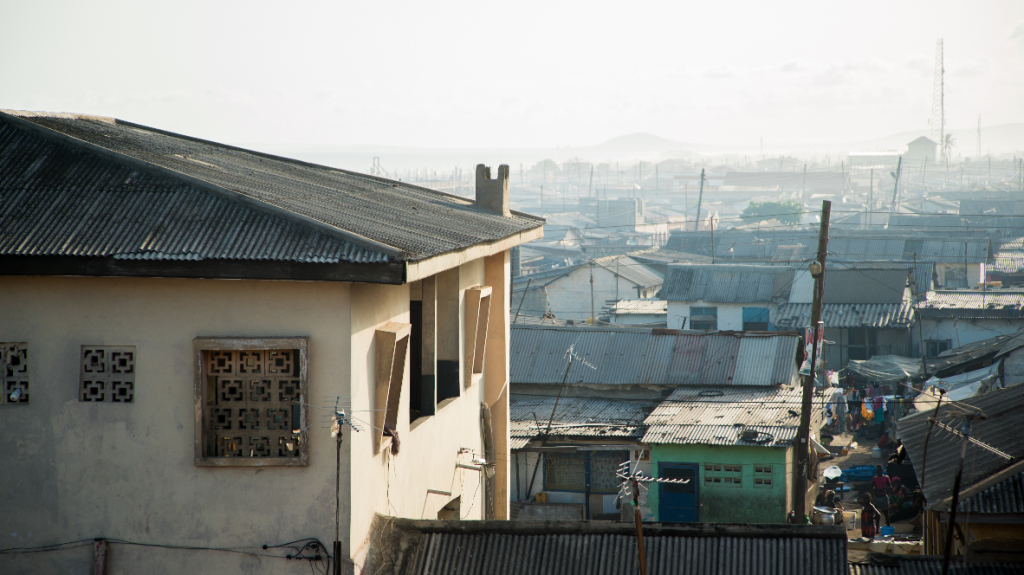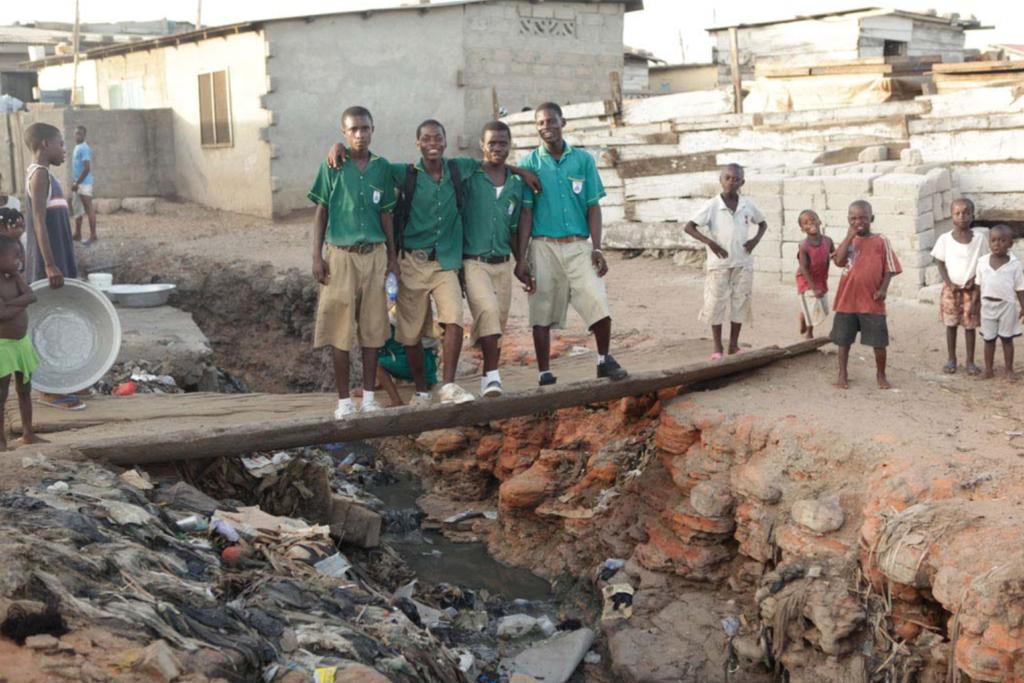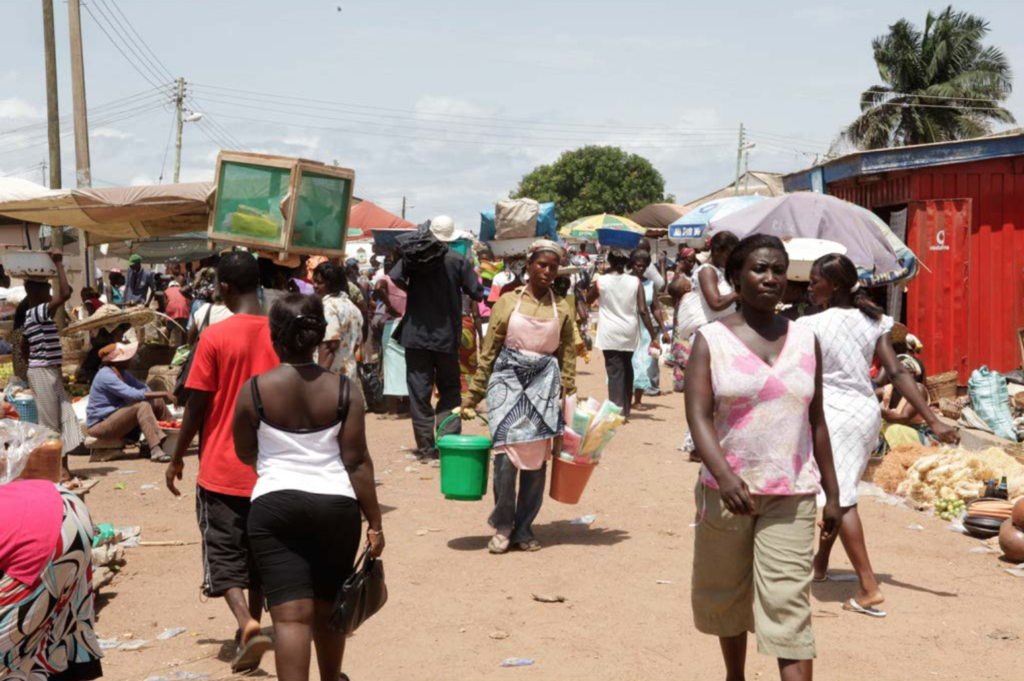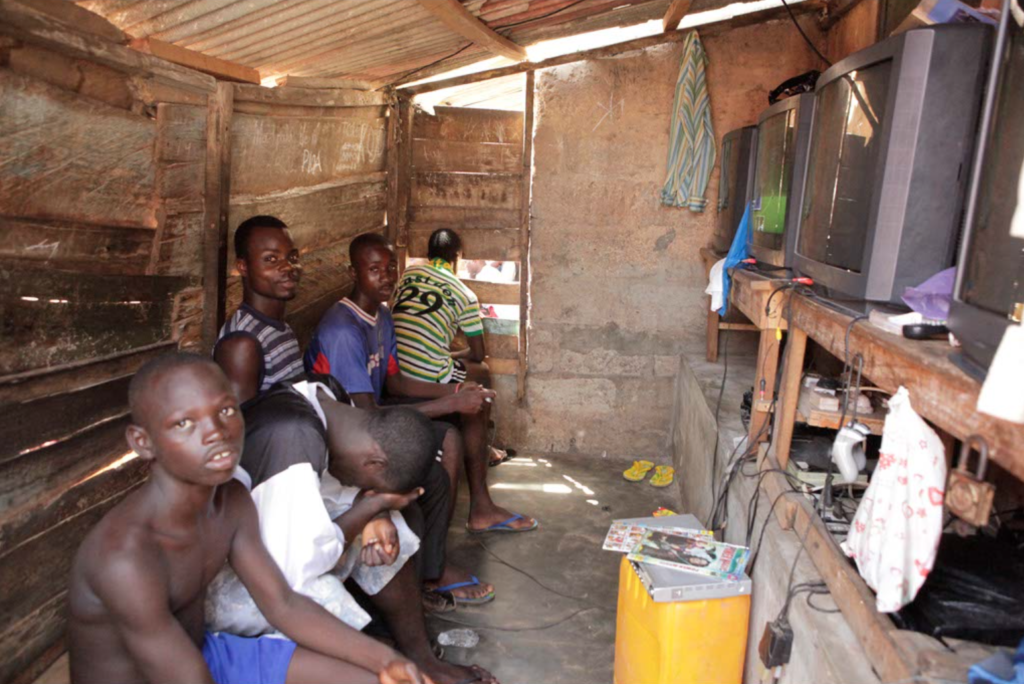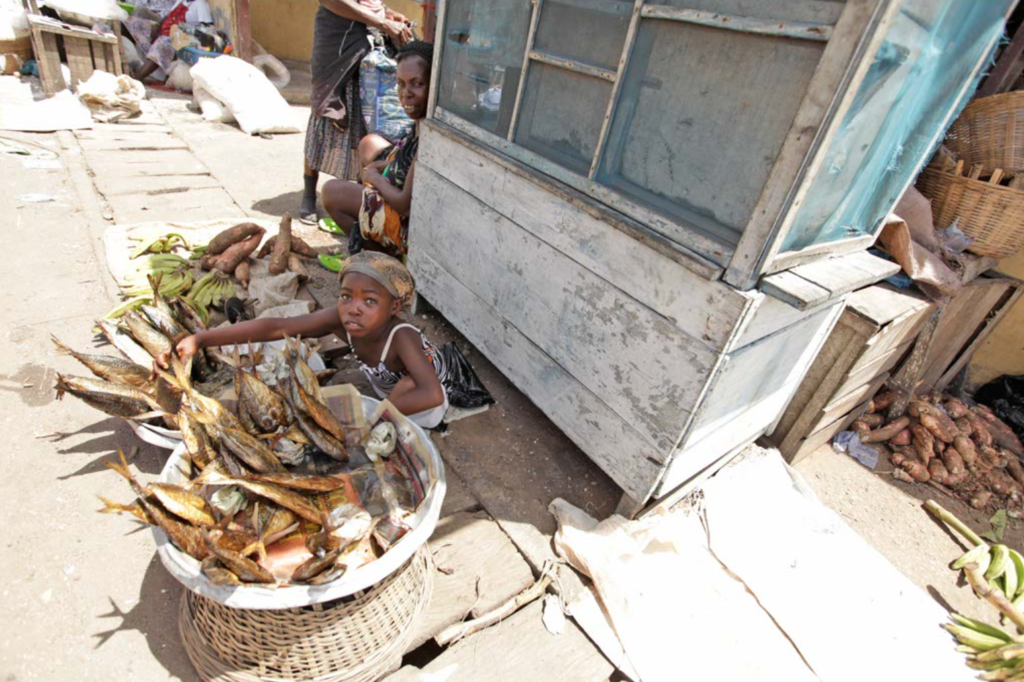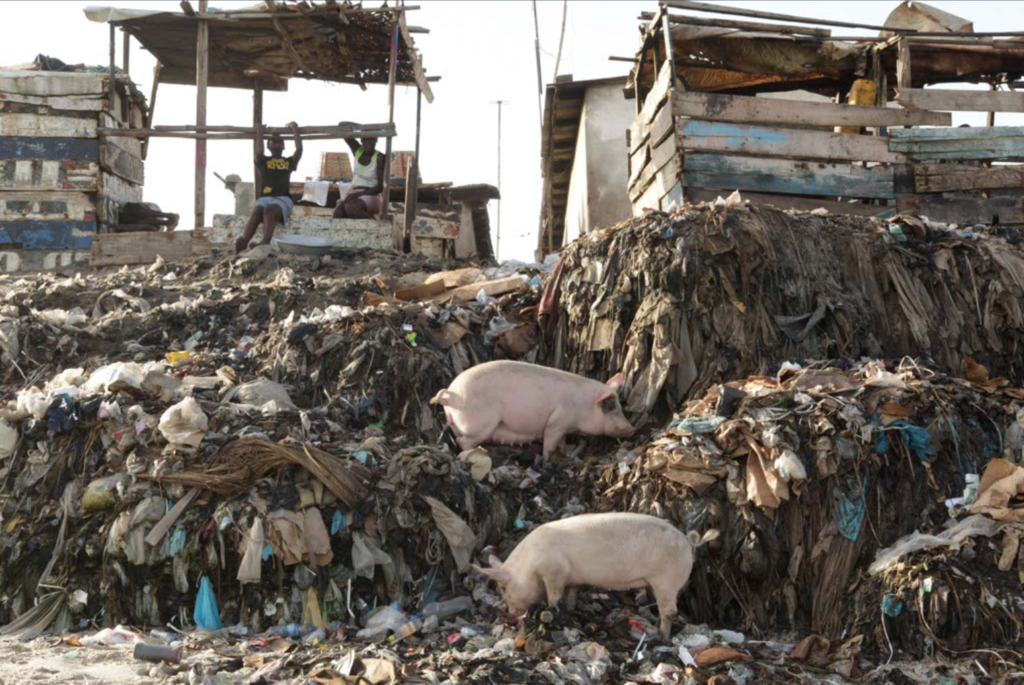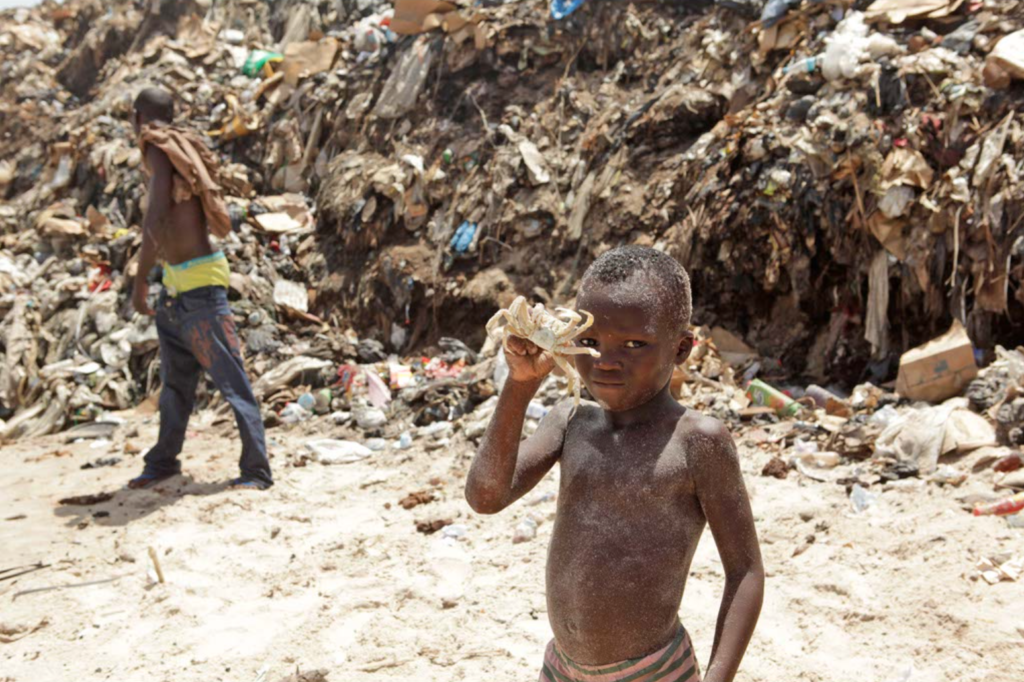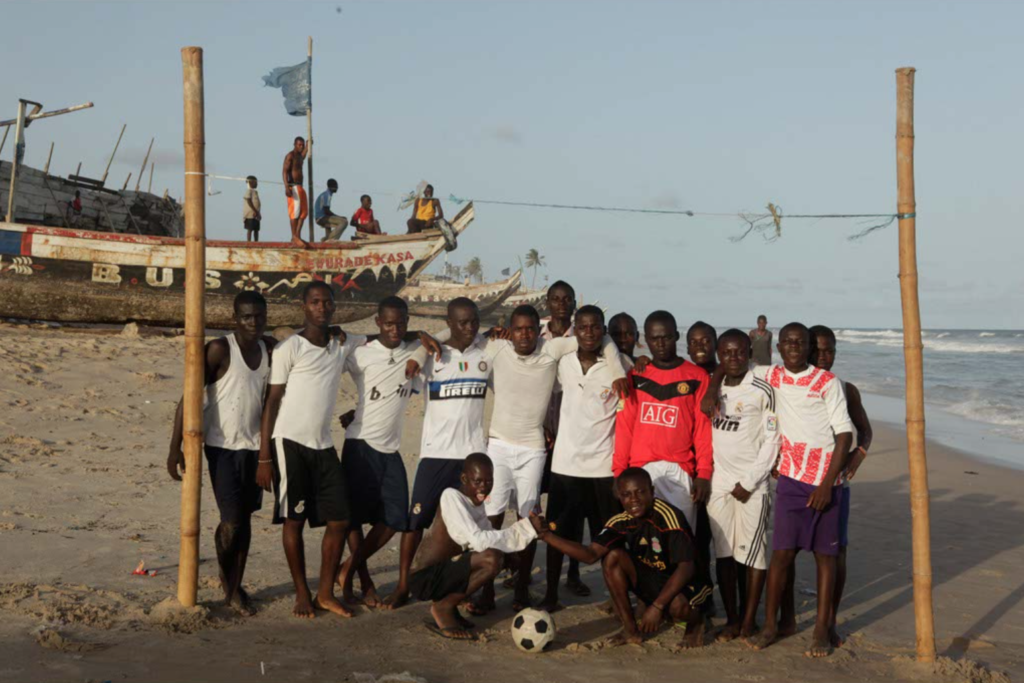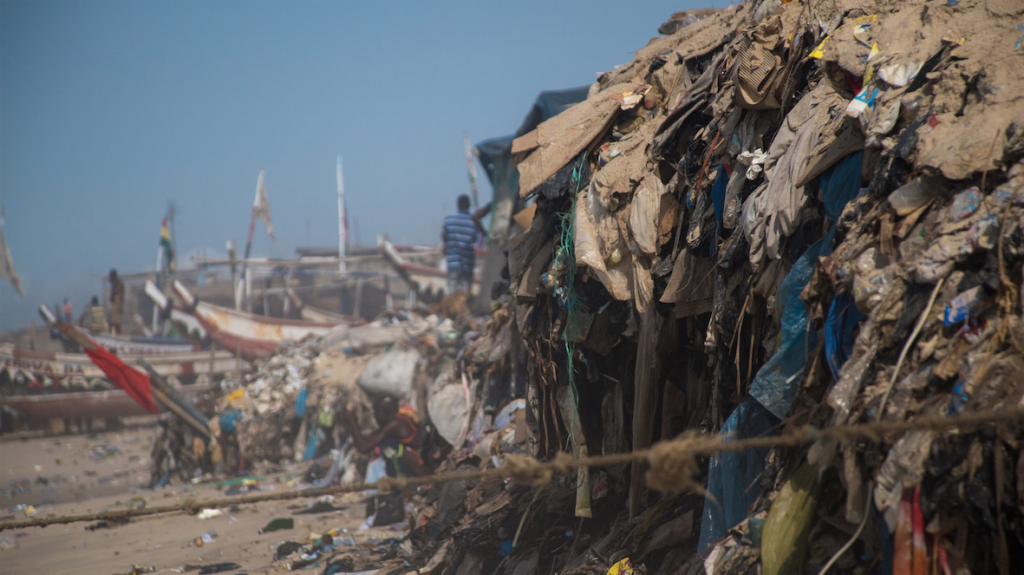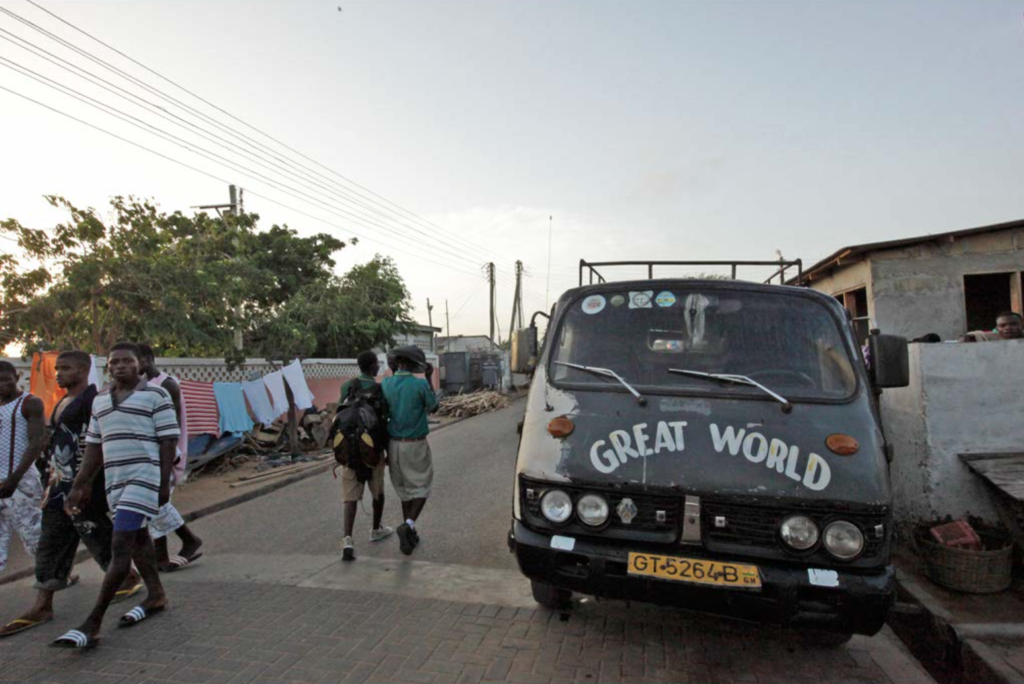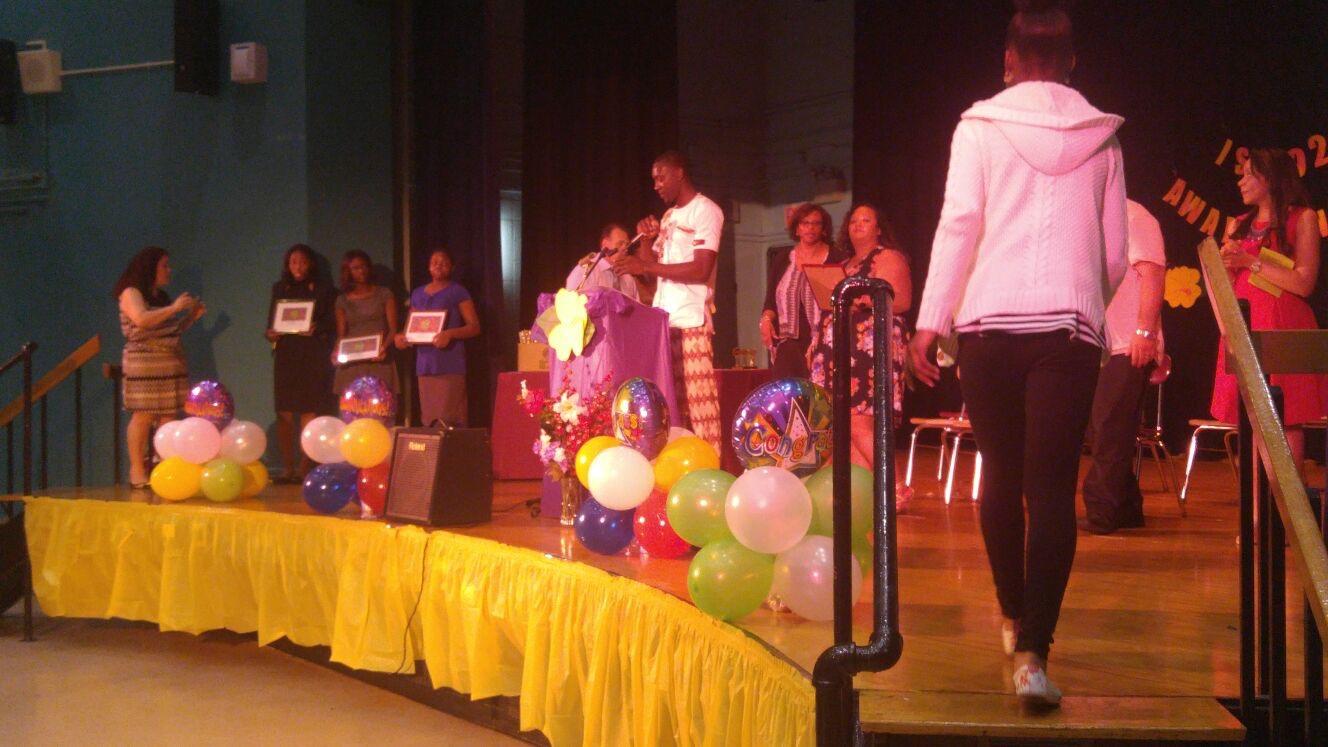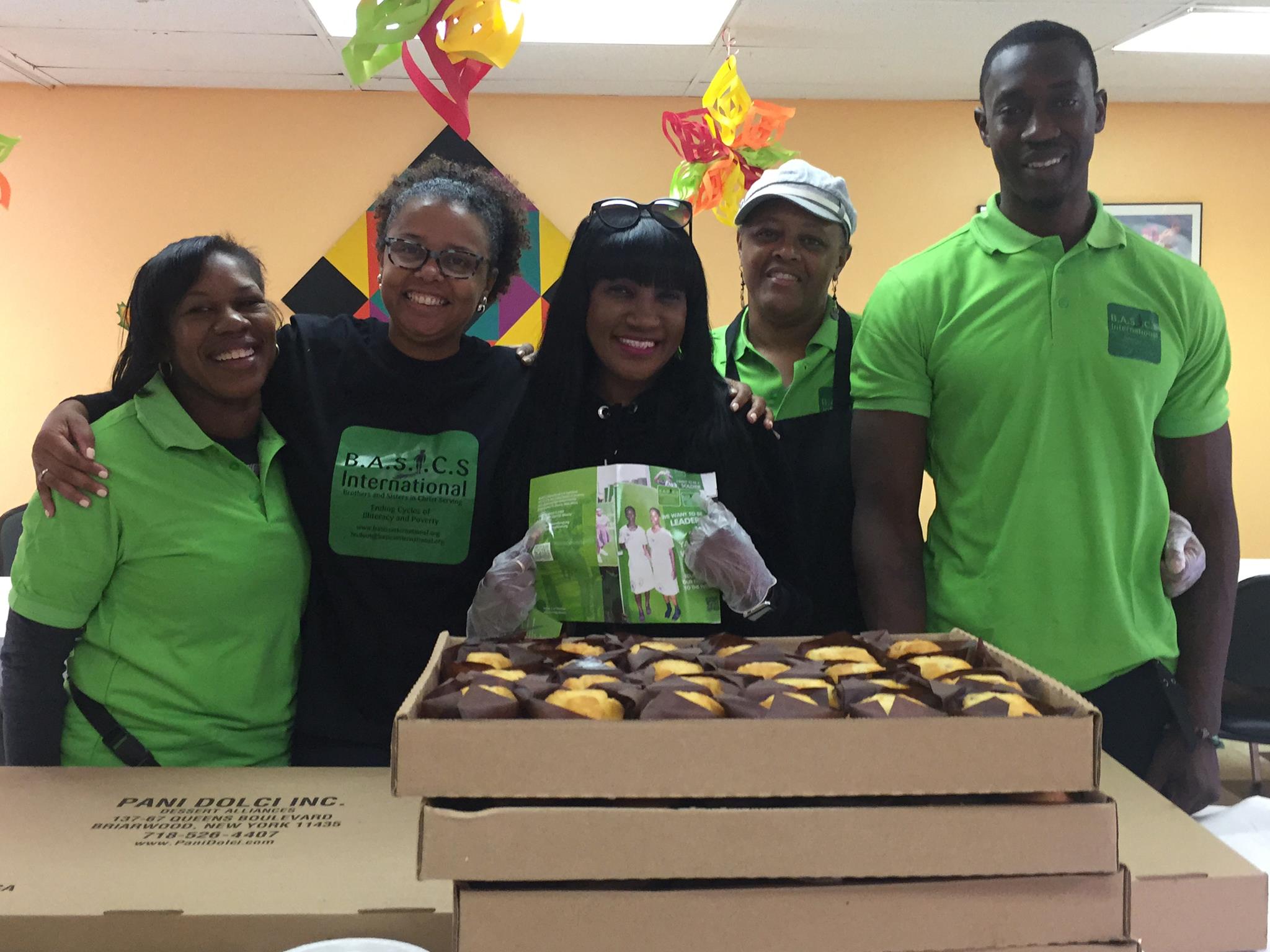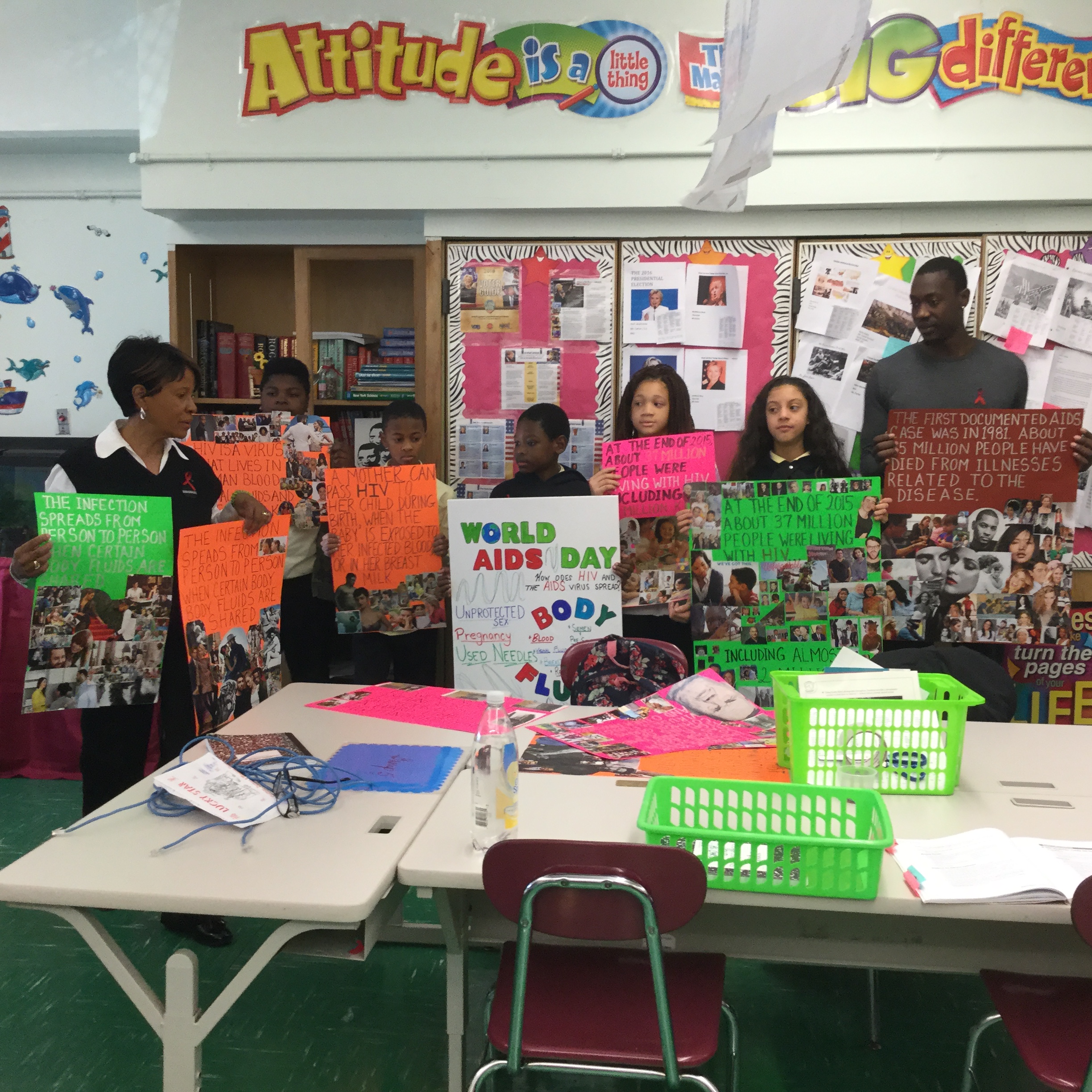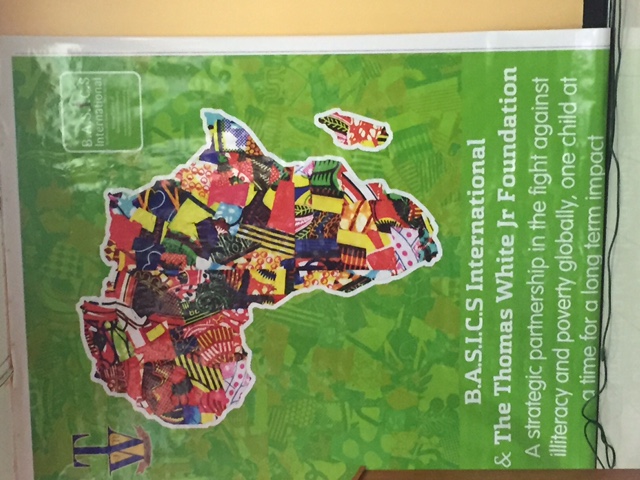GHANA
Ghana is located in West Africa, and is home to to almost 26 million people. Ghana was the first country in Africa to gain is political independence, and has since held a reputation for stability and growth. Walking down a busy street in the capital Accra, you will encounter the locals adorned in colourful traditional clothing, as well as food vendors selling an fried meats, soups, stews, rice, beans and fruit by the street. Close your eyes and listen, you’ll hear vibrant hip-life music blaring from speakers, being challenged by the symphony of taxi and tro-tro horns as they whiz by.
POVERTY AND INEQUALITY IN GHANA
Since 2005, Ghana has maintained a steady economical growth, earning it the status of a ‘lower-middle income country’ since 2010. However as growth has accelerated in Ghana, the gap between the rich and the poor was worsened. The wealthiest 10% oh Ghanaians consume around one third of the national consumption, whereas the poorest 10% consume just 1.72%. 28% of children living in Ghana are living in poverty, and 10% are living in extreme poverty.
The Ghana Poverty and Inequality Report
DEFINITION OF EXTREME POVERTY
Extreme poverty is characterized by severe deprivation of basic human needs, including food, safe drinking water, sanitation facilities, health, shelter, education and information. It depends not only on income but also on access to services. The world bank now measures extreme poverty as those living on less than $1.90 USD per day.
CHORKOR
Since 2000, BASICS has supported many communities across multiple regions in Ghana. In 2005, we opened our Intervention Centre in Chorkor and have called this home ever since.
Chorkor is an overpopulated fishing community, located on the outskirts of the nations capital, Accra. It is one of the poorest areas in the city. According to a Global Communities report, the situation in Chorkor is considered a “poverty endemic. “ As a dangerously overpopulated area, Chorkor lacks basic infrastructure such as toilets, bath houses, drains, and roads. Houses are generally made of brick, mud and plywood. Surrounded by the Atlantic Ocean, fishing, fish mongering, and fish smoking are the primary occupations of this community. The area is stricken with communicable diseases and other illnesses related to unhygienic practices. The lack of proper sewage systems and drains causes waste water to run from home to home as children defecate along drains in the community. Additionally, most trash ends up on the beach and ocean, which is then later pulled back ashore by fishing nets.
The unfortunate reality faced by the locals of Chorkor, is that many of the children are the main breadwinners of their household, being the ones that sell the products of a hard day’s labor for their parents, who are fishermen and fish mongers (A fish smoker). The financial burden of school is not necessarily the fees, but rather the loss of a small income the family depends on. BASICS addresses these issues by sponsoring the cost of an education, uniforms, stationary and learning materials, which in turn, reduces the burden of the child’s family.
Chorkor has social and cultural practices that perpetuate cycle of poverty in the area. It is common, and expected, for girls as young as12 years old to be self-supporting and independent from their parents. Most obtain independence by becoming mothers themselves while others enter the commercial sex trade. Teenage pregnancy is very common in Chorkor, resulting in large number of school-aged children roaming the community. In the community of Chorkor, education is considered to be a low priority.
Despite the difficulties the people of CHORKOR face, BASICS challenges you to find a community with more buzz and excitement. Throughout the year, many traditional festivals are celebrated with the sound of drums, the smell of food, the colour of African prints and exuberant smiles, injecting even more culture and history into this memorable setting. Experiencing Chorkor is experiencing a true taste of Africa.
NEW YORK
BASICS is headquartered in Queens, York. Our NY office is manned by volunteers, Fellows and Interns who are responsible for administrative and fundraising activities of the organization.
Our NY office is host to BASICS Youth Ambassador program (BYA).
BYA empowers youth through leadership, service and civic engagement. Youth are challenged to invest in their local community as well as global community.
BYA clubs are organized in middle, high school and universities. BYA clubs has organized drives to support World Aids Day, Cancer Walks, Shoe Drives for Ghana, book drives, voters registrations, workshop on preparing for college and mentoring programs for middle school students.
